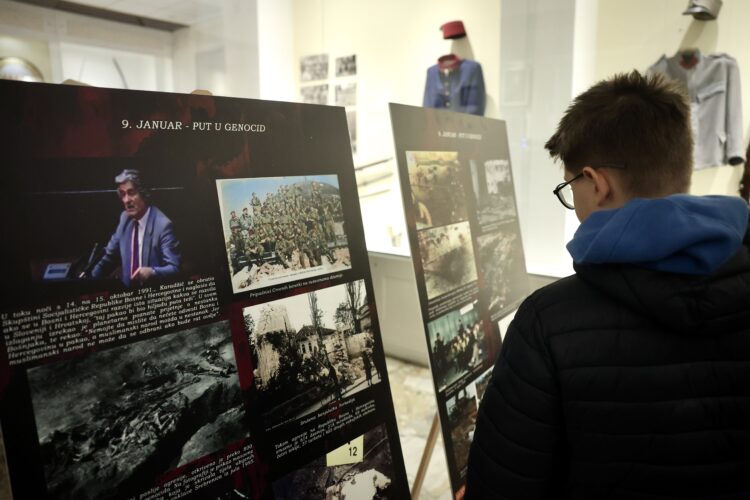
The archival documentary and photographic exhibition of the Archives of the Federation (FBiH) entity titled "January 9 - the road to genocide" was opened Monday in the Museum Sarajevo 1878-1918. The authors of the exhibition are research associates of the Institute for Research of Crimes Against Humanity and International Law of the University of Sarajevo (UNSA), Muamer Dzananovic and Hikmet Karcic, and Jasmin Medic, a research associate of the UNSA Institute of History.
Hajrudin Cuprija, the Director of the FBiH Archives told N1 that for three months the Archives has been preparing a scientific meeting and exhibition “January 9 – the road to genocide” and after the opening itself, which took place at the National Theatre, they decided to make it available to the citizens of Sarajevo and tourists, and later to present it in other FBiH cantons.
“Our goal was to give the public an answer as to what January 9 is because in previous years we have heard little about it. We usually hear that January 9 is when something unconstitutional is celebrated, and we don't know what it produced. For this reason, the Archive engaged three young scientists and experts who made a selection of documents and photographs, where through those documents and facts the answer is given as to what January 9th is, which is the road to genocide. All that happened after January 9 and the declaration that was adopted, and the irony that in one paragraph of that declaration, it is said – that all citizens of the Republika Srpska (RS) will have the same rights, yet precisely in the first six months after January 9, aggression happened in BiH, urbicide, genocide, over 200,000 Bosniaks and others were killed, 30,000 women were raped, 50,000 were killed through camps, and of course the demolition of buildings,” said Cuprija.
In this way, he adds, they wanted to define what January 9 is. He expressed the hope that in the coming years “something that caused evil in this region will not be commemorated, but that people will distance themselves from it.”
The Director of the Archives of the Federation of Bosnia and Herzegovina announced that in the coming period, schoolchildren will have the opportunity to visit the exhibition and hear more about this topic.
The marking of January 9 as the Day of Bosnia’s Republika Srpska (RS) entity, which was declared unconstitutional by the state Constitutional Court, already began Sunday in Banja Luka, and on Monday a parade will be held on the streets of East Sarajevo for the first time.
On January 9, 1992, Bosnian Serbs issued the Declaration of the proclamation of the Republic of Serbian people of Bosnia and Herzegovina, which Bosniaks see as a prelude into the 1992-95 war that took over 100,000 lives, devastated the country and saw the return of genocide back on European soil.
The war ended with a peace agreement brokered in Dayton, Ohio, in 1995, which divided the country into two semi-autonomous regions – Republika Srpska with a majority Serb population and the Federation of mainly Bosniaks and Croats.
The holiday was declared unconstitutional by the country’s Constitutional Court in November 2018 but authorities in Republika Srpska continue to ignore the ruling, despite criticism from the country’s Bosniaks and the international community.
Bosnia’s Constitutional Court ruled that the holiday was discriminatory against non-Serbs in Republika Srpska because January 9 is also a Serbian Orthodox religious holiday – the day of St Stephen, the patron saint of the entity.
Bosnian Serbs vehemently rejected the ruling and organised a referendum in September 2016, where the majority of the entity’s citizens voted in favour of the holiday.
The Constitutional Court then declared the referendum itself illegal but the Republika Srpska Parliament passed the Law on the Day of Republika Srpska, which named January 9 as a secular holiday.
That Law was ruled unconstitutional in March 2019.
Bosnian Serb leaders view the country’s Constitutional Court as an anti-Serb biased political tribunal and ignore many of its rulings.

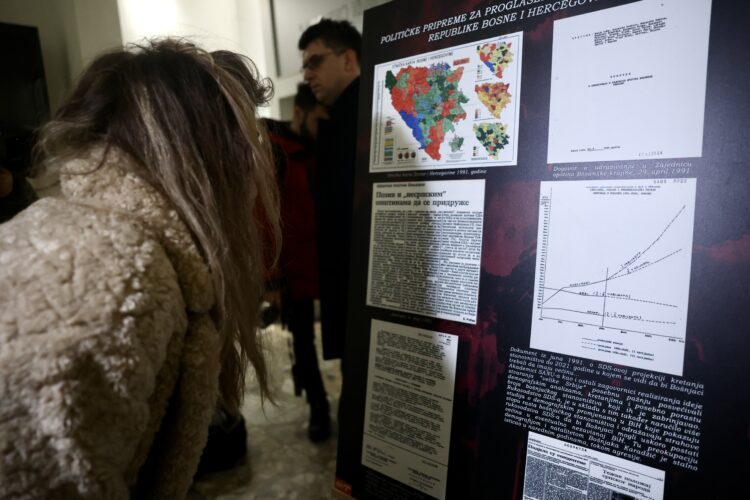
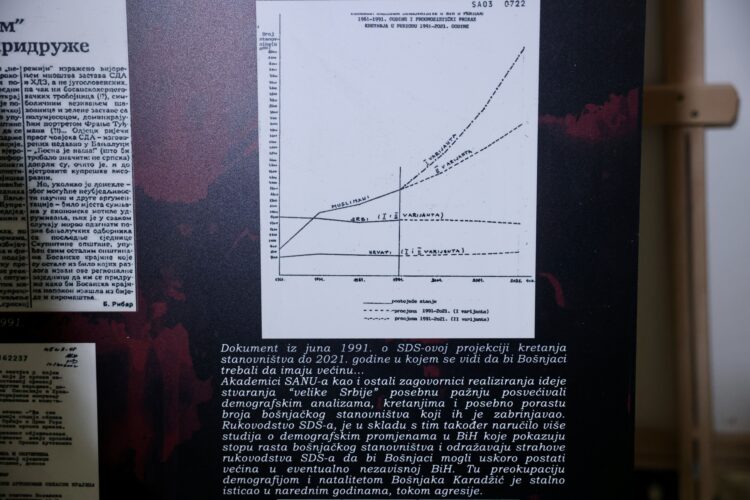
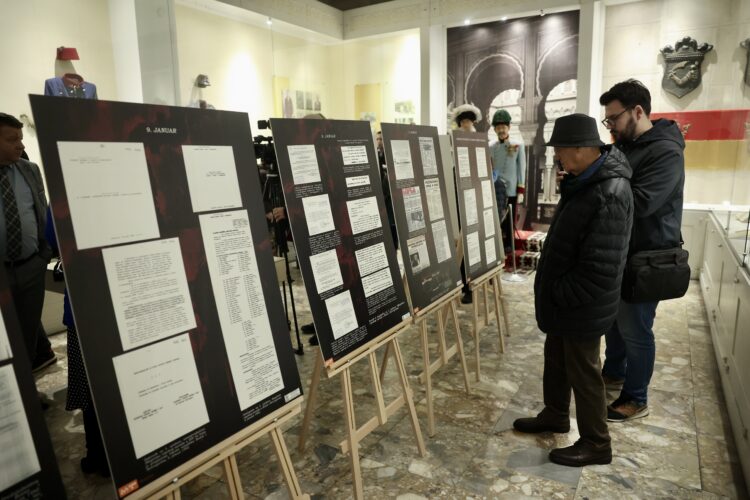
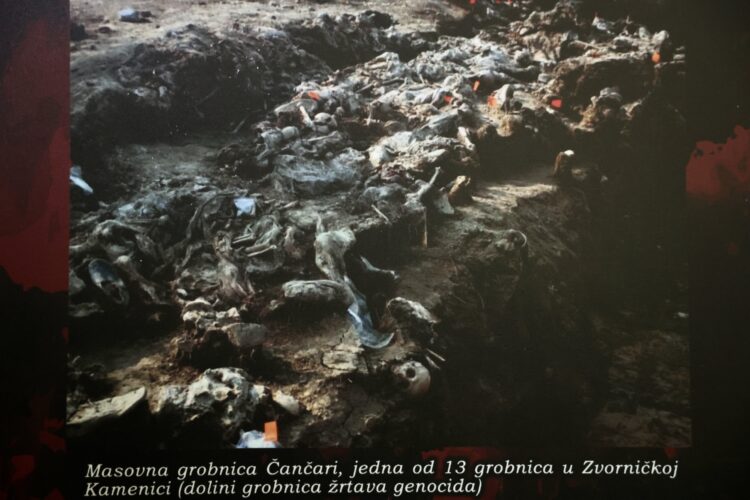
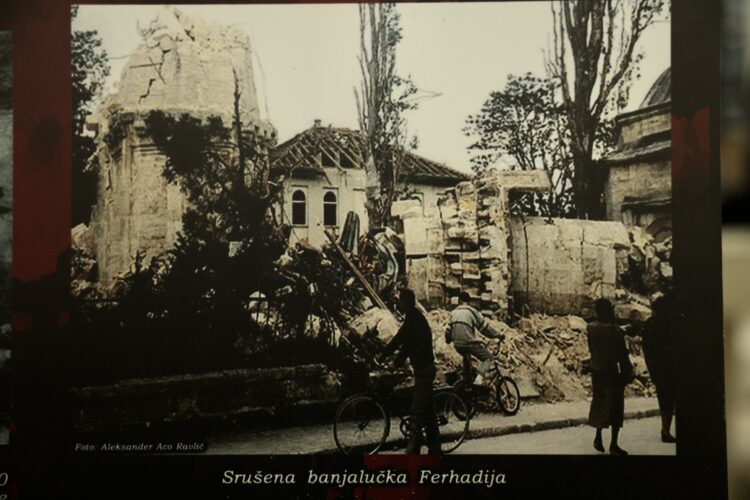
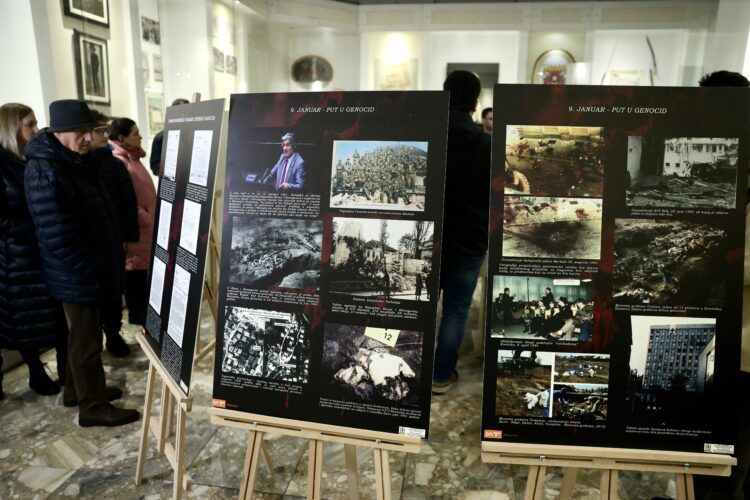
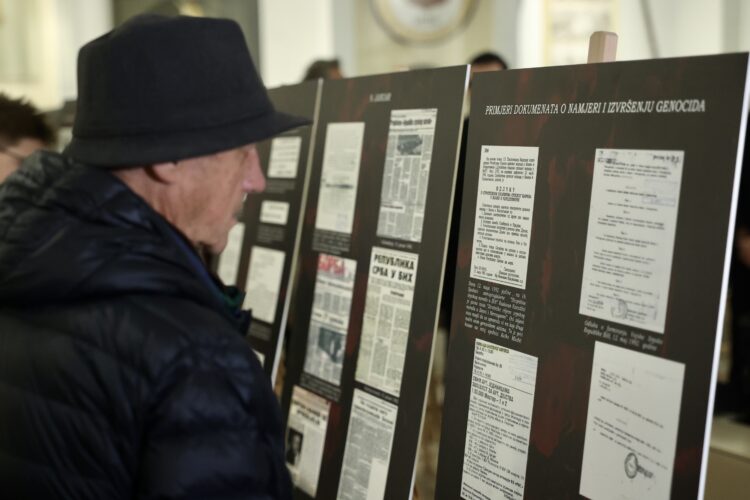
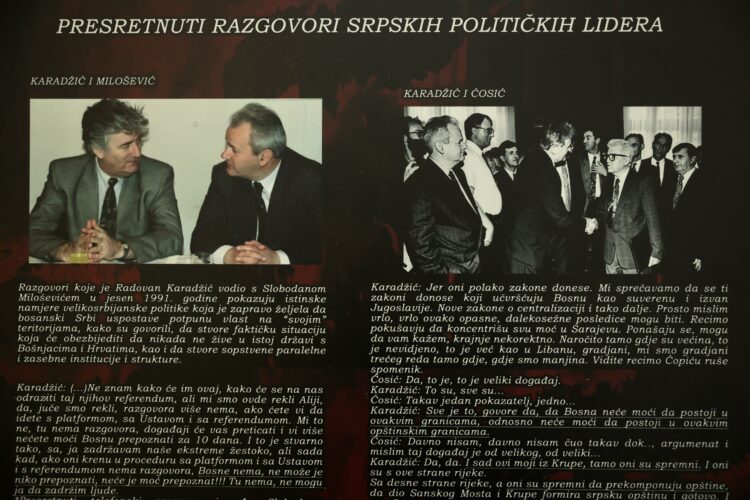
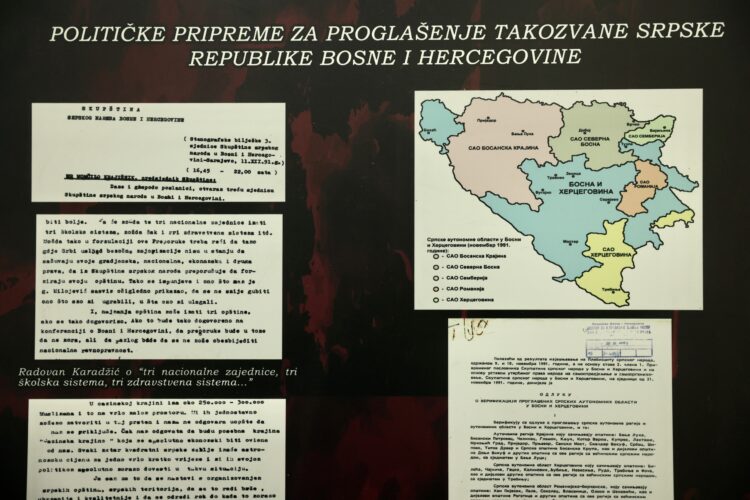
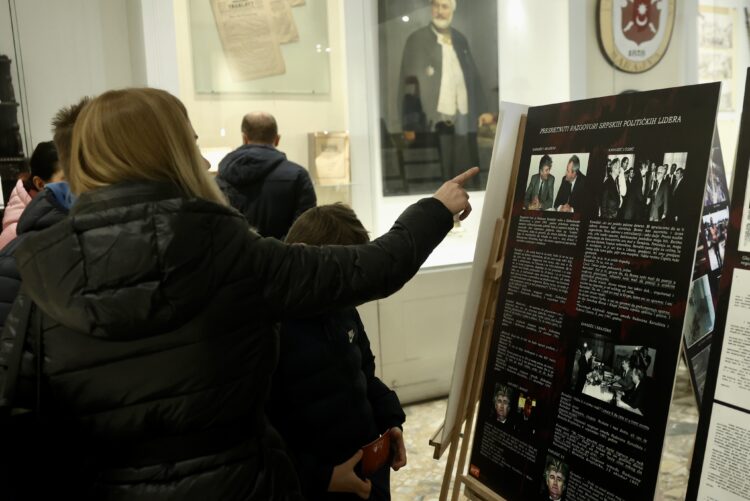
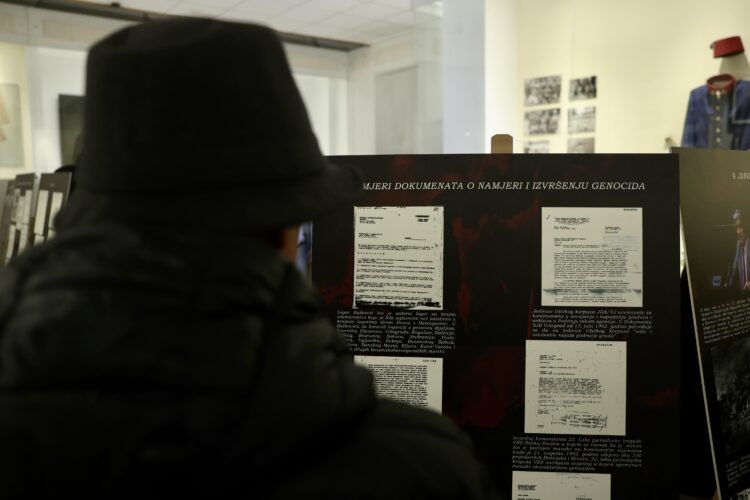

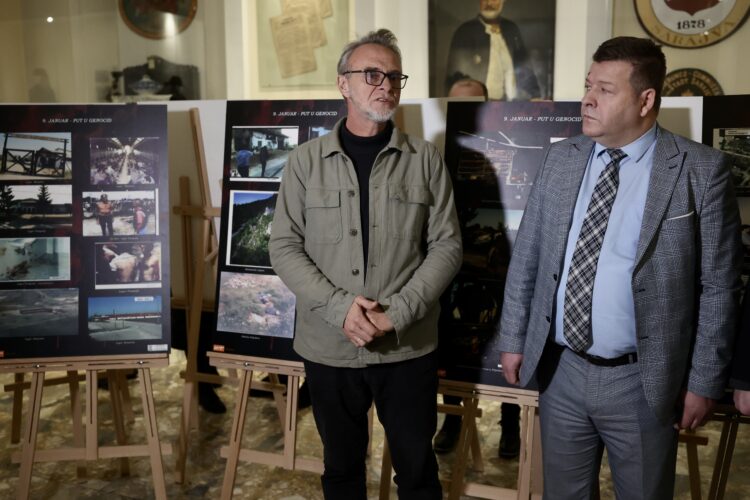
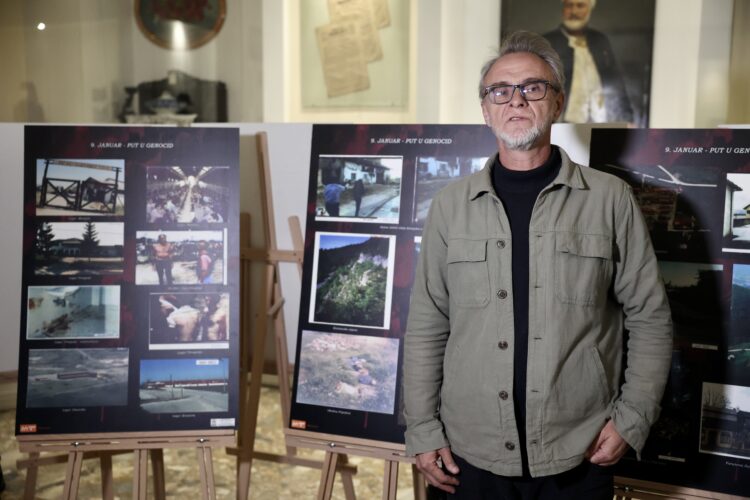
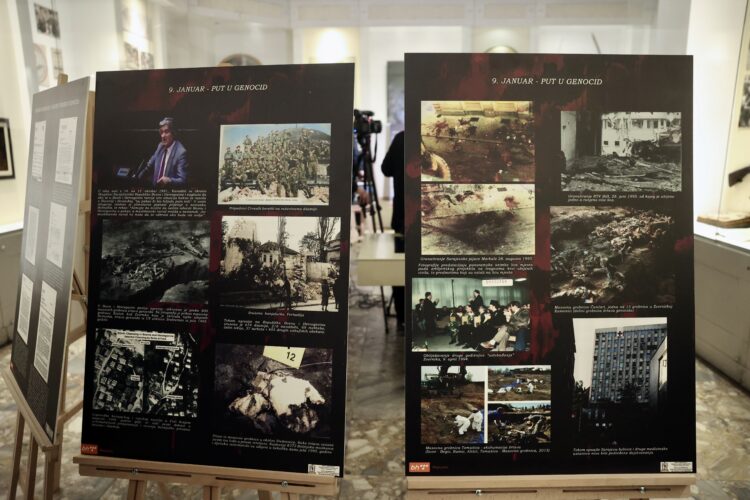

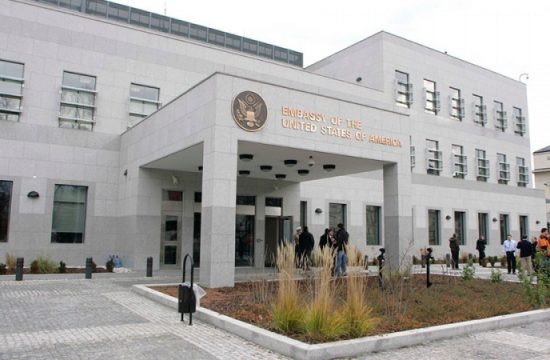

Kakvo je tvoje mišljenje o ovome?
Budi prvi koji će ostaviti komentar!